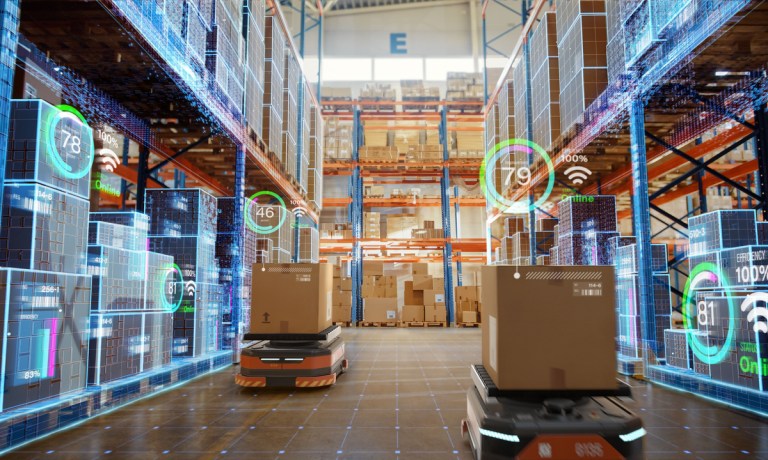OpenAI CEO Sam Altman thinks new ideas, not bigger models, will evolve artificial intelligence (AI).
That’s because the era of gigantic AI training models like the likely trillion-plus parameter large language model (LLM) that powers GPT-4 is coming to an end, Altman said at a recent MIT event.
This, while the industrial economy is already being transformed by the current crop of generative natural language processing (NLP) and machine learning (ML) tools, many of which are driving future-fit efficiencies within previously fragmented and labor-intensive operational sectors like shipping, logistics and transportation.
Former U.S. Treasury Secretary Lawrence Summers has said that AI tools such as ChatGPT might be as impactful as the “printing press, electricity, or even the wheel or fire,” and this is particularly true in legacy sectors that are perhaps overly, or overtly, reliant on manual and relationship-driven processes.
Technology can disproportionately benefit these organizations as they learn to adopt and use AI tools to augment their operations.
In his testimony before Congress earlier this week (May 16), Altman gave the real-life example of a dyslexic small business owner who created an AI tool to automate the drafting of professional emails that resulted in several hundred thousand dollars’ worth of new business.
Advertisement: Scroll to Continue
See also: Grow Profits, Cut Costs with Three F’s of Automation
Taking Administrative Tasks out of Logistical Processes
Modern solutions that leverage NLP to remove the manual lift and sunk time cost from replying to vendor emails and coordinating price-matching over the phone or via text offer a transformative potential to businesses small and large across the industrial economy.
That’s because questions like how much things cost, when to pick the goods up, when those goods will be at the door or at a factory may seem simple — but they are really enormously complicated and fragmented, resulting in a core of uncertainty and inefficiency at the heart of the logistics and transportation space.
No business customer wants to wait three days for a quote, and agree to the quote only to find out the price is not valid anymore and have to start the process all over again.
Modern AI-powered tools can help smooth over these historic and entrenched frictions by leveraging language models to read emails, understand pricing bands, what customers want, and generate quotes based off that — all while replying in seconds and not days.
“The rapid speed of technical adoption over just the past seven years has been incredible and frankly enormous in this industry,” Fernando Correa, CEO and co-founder of international digital trade company Cargobot, told PYMNTS late last month.
Correa explained that the shipping and logistics industry is particularly primed to capture future-fit efficiencies through next-generation tech solutions, like generative AI and NLP.
“A phone call is not a structured relationship, an email is not a structured relationship,” Correa said. “These new tech innovations [being brought to market within the industry] are meant to organize an entire relationship that was previously unorganized, and where efficiencies slipped through the gaps.”
As PYMNTS has long been tracking, the paradox of old, new, and necessary is why next generation digital marketplaces and B2B platforms are increasingly capitalizing on an attractive white space opportunity to modernize legacy operations.
Institutional Inertia Is Losing ground to Intelligent Automation
Still, change is hard and happens slowly – particularly for longstanding players operating in verticals driven by decades-long business relationships, or even those that span generations.
“There’s legacy businesses, family businesses, old traditional companies that have now reached a point in the last two years where they understand that if they don’t take the next step, they will have troubles, they might even close, because they now need technology to provide the right level of service that their customers are looking for,” Raz Ronen, CEO at FreightTech startup Wisor.AI, said earlier this year to PYMNTS.
But the ongoing consumerization of business-to-business (B2B) relationships and a phase shift in behavioral expectations is driving a steady digitization.
Businesses keen on providing an innovative and new solution will need to educate their target industry and the market around what is being provided, while emphasizing that these modern tools help augment, and don’t replace, the element of trust that is integral to many B2B relationships within the shipping and logistics sector.
AI is a tool — not a creature. “It will do tasks, not jobs,” Altman told U.S. lawmakers.

